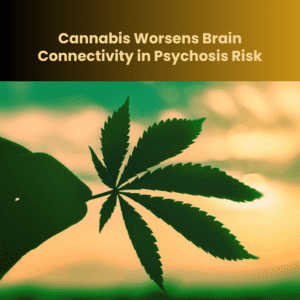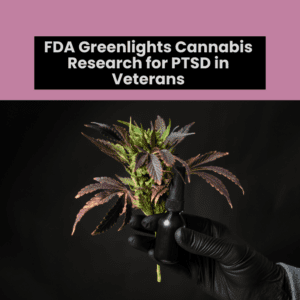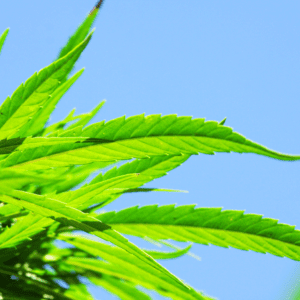Psychedelics Advocate in Congress Condemns FDA’s MDMA Decision: An Op-Ed

In recent years, a quiet revolution has been unfolding within the realm of treatment for combat-related injuries: psychedelic therapies. Substances like MDMA, psilocybin, and ibogaine are now at the forefront of cutting-edge research for their potential to alleviate severe conditions, particularly post-traumatic stress (PTS) and post-traumatic stress disorder (PTSD).
Advocating for Expanded Access
As the mental health crisis deepens and veteran suicide rates continue to increase, it is imperative to embrace and expand access to these innovative treatments, offering hope to those who have been suffering in silence.
Personal Experience and Perception Shifts
I can personally attest to the benefits in treating PTS and other cognitive issues through the use of psychedelic substances. While these treatments still carry a stigma, I believe it stems from a lack of education and experience around the clinical use of psychedelics.
FDA’s Recent Decision and Setbacks
Unfortunately, just last week, a Food and Drug Administration (FDA) advisory panel rejected the use of MDMA as a treatment for PTSD. This decision is a significant setback and highlights persistent barriers and misconceptions hindering progress with emerging therapies.
Call for Continued Research and Advocacy
For the United States to make progress in this field, we must continue to fund research and expand our understanding of psychedelic-assisted therapy’s mechanisms and long-term effects.
Congressional Efforts and Future Steps
In the recently passed Military Construction, Veterans Affairs, and Related Agencies Appropriations Act of 2025, my colleagues and I pushed forward amendments to support VA-funded research into psychedelic-assisted therapies and secure funding for Neurology Centers of Excellence.
Conclusion: Moving Beyond Stereotypes
The growing body of research underscores the potential of substances like MDMA, psilocybin, and ibogaine to transform lives. It’s time to move beyond outdated stereotypes and embrace the legitimate, science-backed potential of these substances











